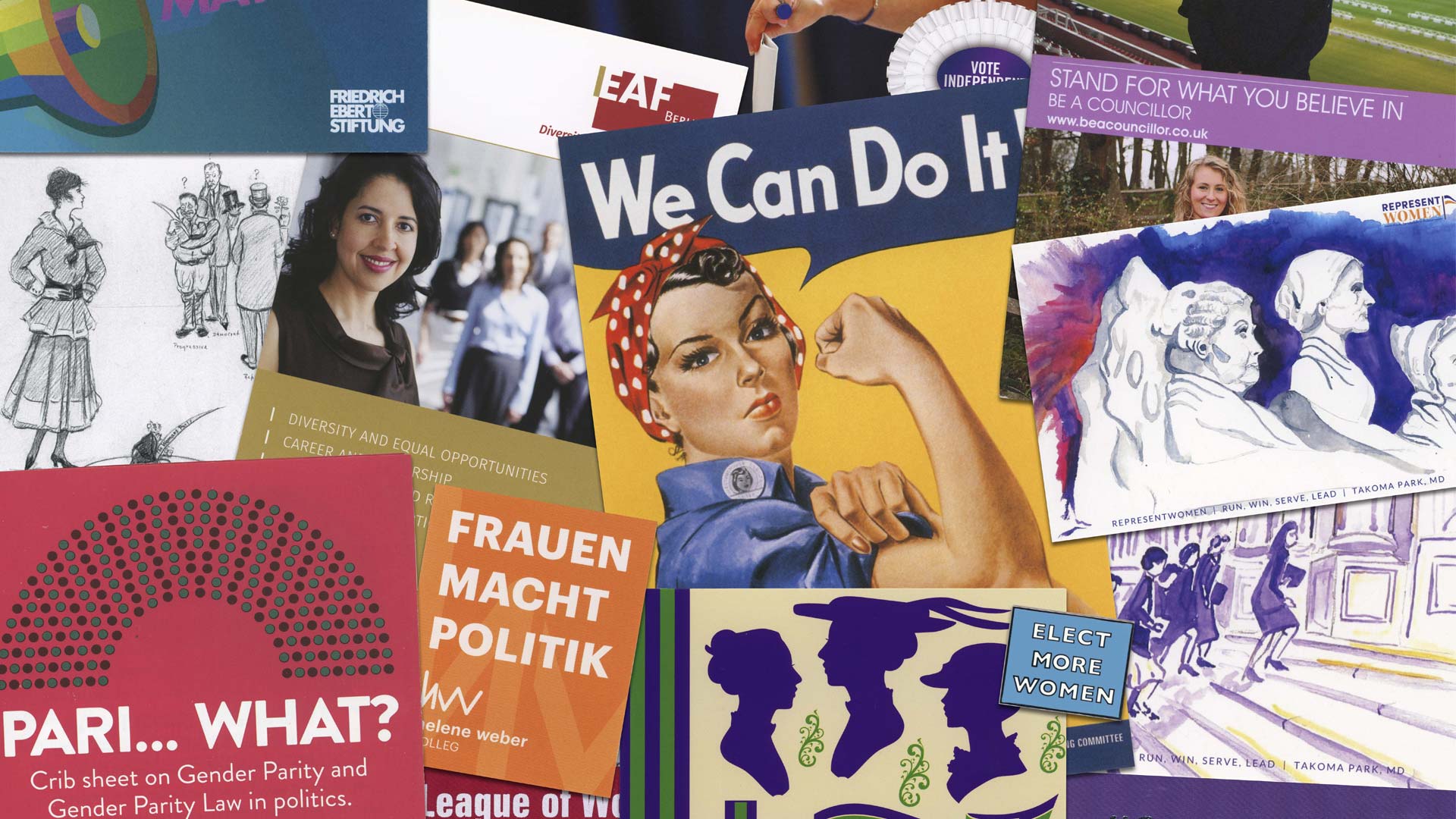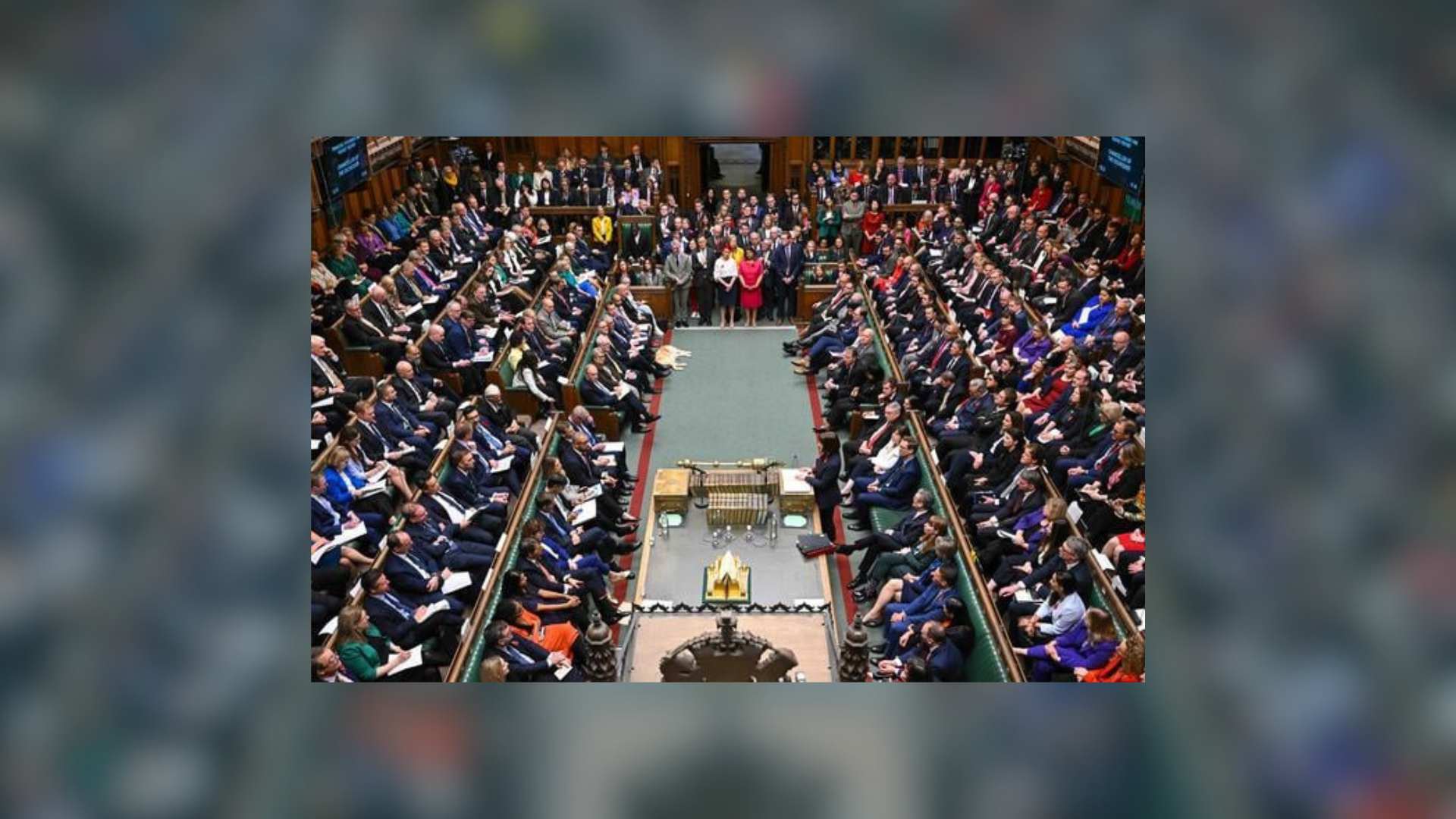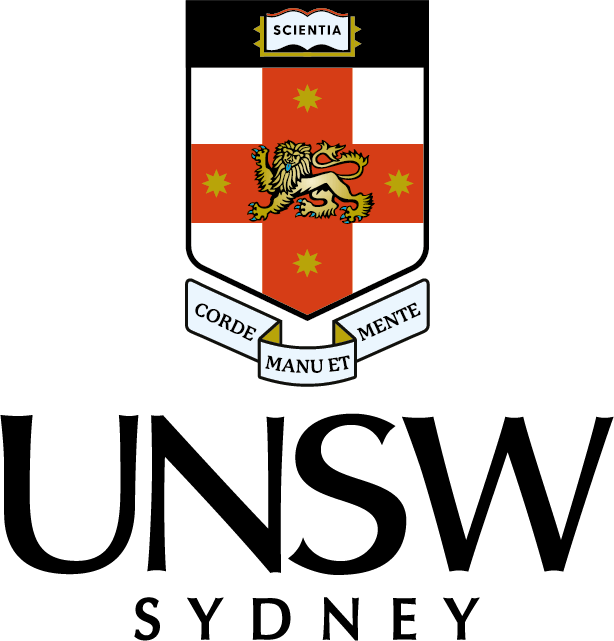Coral Ross, Churchill Fellowship Report, 2018
Churchill Fellowships offer a diverse range of people from all walks of life an opportunity to travel overseas for four to eight weeks to explore a topic or issue that they are passionate about. Coral Ross’ Churchill Fellowship was to improve gender equality in local government by increasing the number of elected women councillors.
In 2018 just 11% of Council CEOs or GMs were women. Local government decisions affect the lives of individuals, families and communities. The gender imbalance of councils, in turn, affects the policies and services of councils, as decisions are less robust without diverse perspectives.
Coral Ross travelled to the US, Canada, England, Sweden, and Germany to understand what each country was doing to elect more women to public office. She met with more than 50 organisations or individuals over an eight-week period, including the Local Government Association in each country, the women who run the programs, government gender equality departments, UN Women, The Inter-Parliamentary Union, MPs, and the people who led the parliamentary inquiries, conducted the research, or run the programs.
Coral found numerous programs which equip women with the skills, knowledge, and confidence to stand for election. These are very successful and could easily be replicated in Australia. Her Fellowship Report details more than 70 programs. But overseas research shows programs are not the panacea. Unless the underlying council structural and cultural barriers, and the increasing problem of sexual harassment, bullying and on-line abuse are addressed, there will be a revolving door of women being elected but not re-standing because of the ongoing obstacles. Overseas, experts say rather than “fixing women” it is the system which needs to be fixed. Programs are regarded as “fixing women”.
Overseas, there have been Parliamentary Inquiries and numerous investigations into the systemic barriers which deter women from being elected. Coral’s Fellowship Report details some of these. She found 52 initiatives to encourage women to stand for office and has made 33 recommendations across all three levels of government. The recommendations provide short and long-term solutions across five areas: legislative and structural; changes to the political culture; creating safe and respectful workplaces; creating gender sensitive councils and the empowerment of women. Her recommendations include education programs in schools and for the public, changes to council structures, policies and meeting times, sexual harassment policies and training, establishing an AskHertoStand campaign, Campaign School type programs and a Global Network for Women in Local Government.
Read the report







